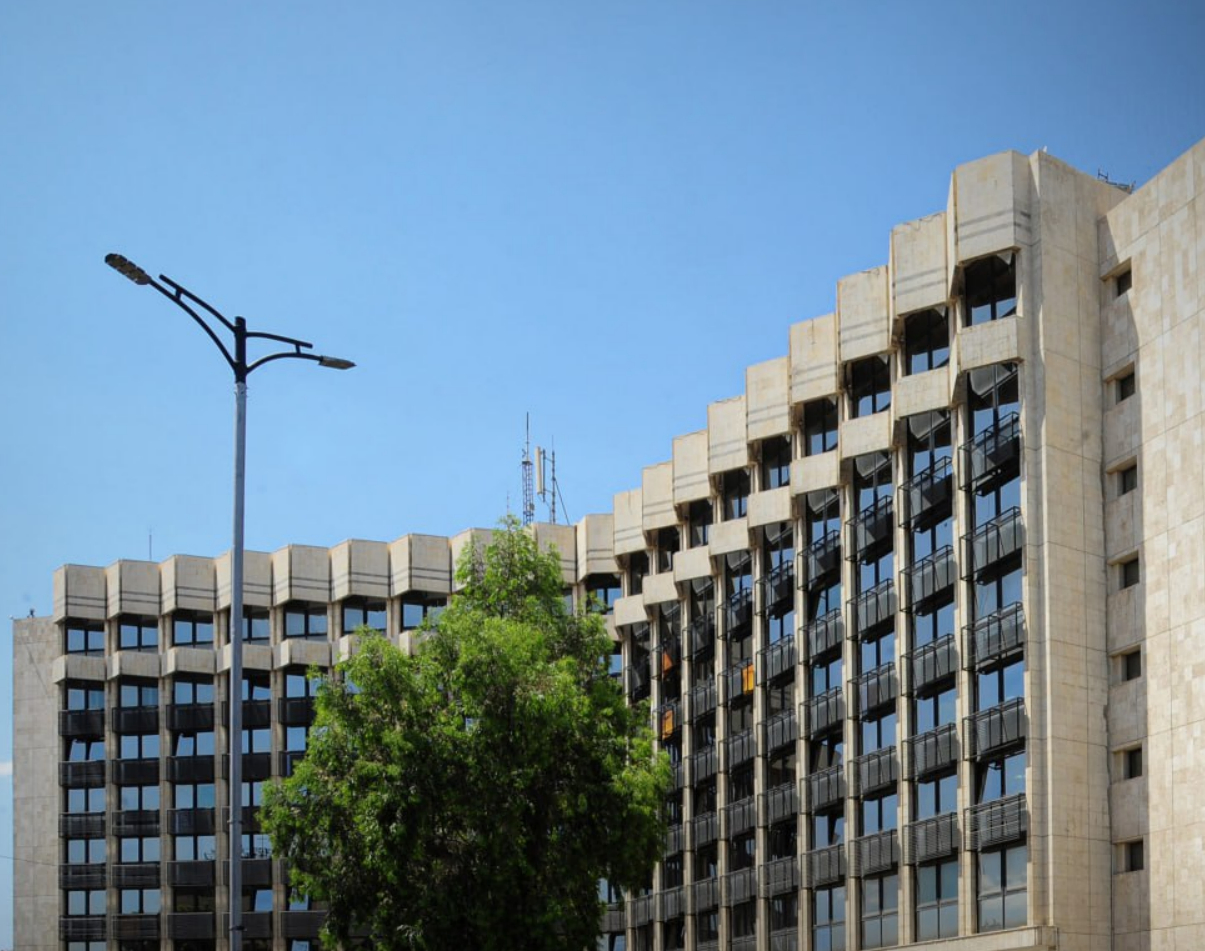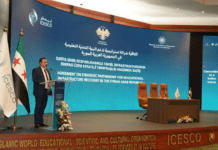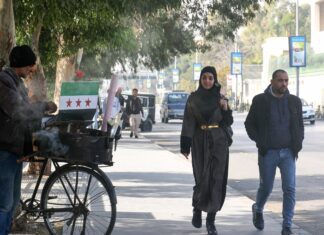
Syria’s Ministry of Higher Education and Scientific Research announced this week that it has uncovered one of the country’s largest academic corruption cases, tied to practices that flourished under the former Assad regimes. The scandal centers on a private university accused of issuing fake degrees in exchange for large sums of money.
Minister Marwan al-Halabi said the case was transferred to the Central Authority for Control and Inspection, which confirmed that falsified exam papers were used to award fraudulent diplomas to influential figures, including children of officials and drug traffickers. The authority valued the violations at nearly 1.5 billion Syrian pounds (SYP) and referred those involved, along with 14 students, to the judiciary. Assets belonging to the university’s owners were placed under precautionary seizure while investigations continue.
“The Ministry affirms its continued fight against corruption in all its forms at all times, ensuring that the higher education sector in [Syria] remains a model for integrity, discipline, and quality,” Halabi said in a statement.
A Legacy of Abuse
The revelations align with long-standing reports that the Assad family and its allies secured degrees through bribery and political influence. UNESCO has documented corruption in Syria’s education system, noting that degrees were often sold rather than earned.
An investigation by Courrier International detailed how members of the Assad family accumulated fraudulent credentials, sometimes in medicine and law, despite lacking the necessary knowledge. Syrian activist Riad Turk recalled how Bashar al-Assad himself displayed more interest in money than in scientific cooperation during official meetings. The report noted that one family member claimed a medical qualification yet “didn’t know the difference between hemorrhoids and thyroid.”
Such practices eroded the credibility of Syrian universities for decades, creating a culture where academic qualifications could be purchased, and where power dictated “academic success” more than merit.
Rebuilding Integrity in Universities
University officials say the changes aim to protect the institution’s reputation after earlier revelations of fake certificates circulating in Turkey and the Gulf. Provost Abbas Sandouk reported uncovering 70 forged diplomas in 2014, while administrators now field hundreds of requests annually to confirm graduates’ credentials.
Officials stress that tackling corruption is not only about prosecuting past abuses but also about reshaping academic culture. By combining legal accountability with modern safeguards against forgery, the Ministry hopes to protect students and ensure that higher education remains a pillar of national development.
As Halabi put it, the ministry’s goal is to “preserve the reputation of our educational institutions and maintain the integrity of higher education as a fundamental pillar in serving our students and our society.”








